Home » Archives for Arcus Legal » Page 2
Home » Archives for Arcus Legal » Page 2
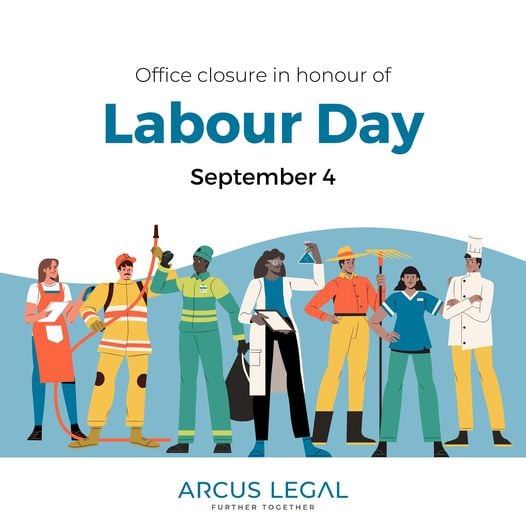
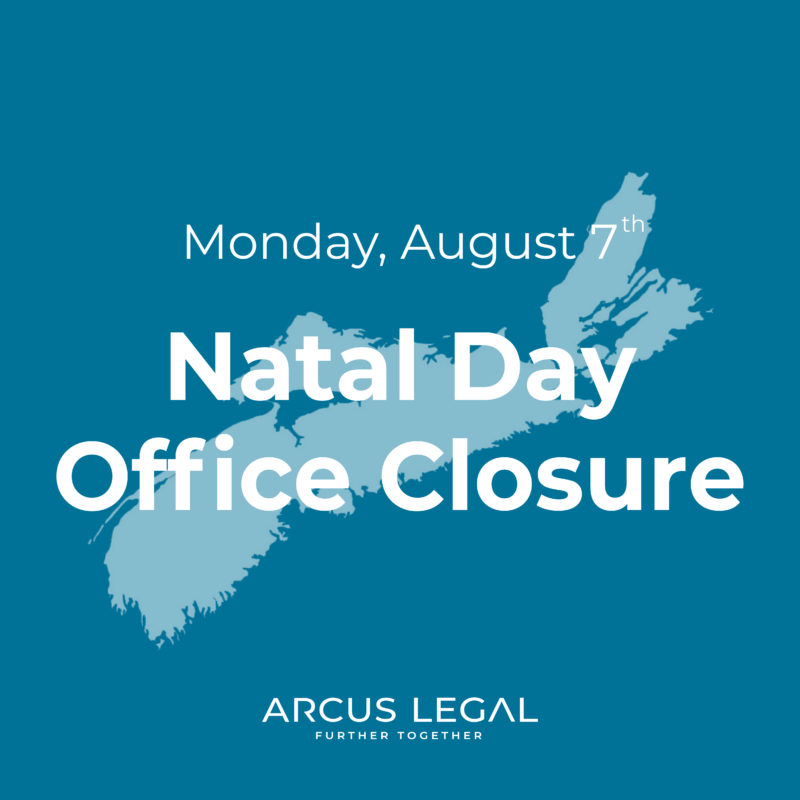
Our office will be closed on Monday, August 7th in lieu of Natal Day.
We will be back open as usual on Tuesday, August 8th.

Arcus Legal is pleased to welcome our newest member, Dakota MacPherson.
Dakota is a recent graduate from Nova Scotia Community College’s Paralegal Services program. She is deeply enthusiastic about understanding the intricacies of the legal system, and she is excited to dive headfirst into her role here at Arcus. When she’s not at work, you can find her spending quality time with her dogs, Arya and Loki.
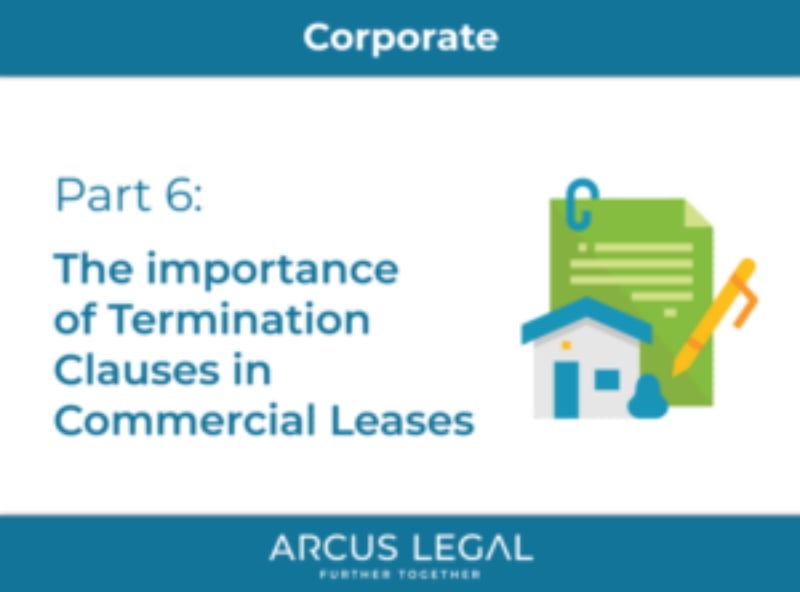
Commercial leases play a crucial role in establishing the relationship between landlords and tenants. However, many tenants in Nova Scotia may not be aware of the potential ramifications of signing a lease agreement without a termination clause. This essay serves as a cautionary tale, highlighting the risks and liabilities commercial tenants may face if their lease agreement lacks a termination clause.
1. Understanding the Termination Clause:
A termination clause in a commercial lease provides tenants with the right to end the lease agreement prematurely, subject to specific conditions or penalties as outlined in the clause. Without a termination clause, tenants may find themselves bound to the lease for the entire term, regardless of their circumstances or changing business needs.… [Read more]
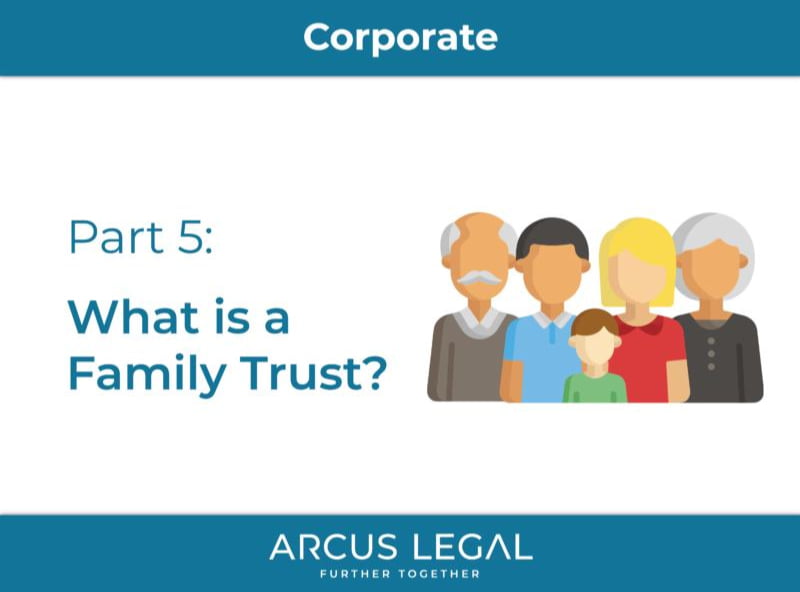
Family Trust is a legal arrangement in which a person, known as the settlor, transfers assets (such as money, real estate, or investments) to a trust that is managed by one or more trustees for the benefit of designated beneficiaries. The beneficiaries are typically family members, such as a spouse, children, or grandchildren.
In Nova Scotia, Family Trusts can be established as either an Inter Vivos Trust (created during the settlor’s lifetime) or a Testamentary Trust (created upon the settlor’s death through their Will). Family Trusts can offer various benefits, including:
1. Tax planning: A Family Trust can help minimize taxes under very specific circumstances and mostly in the case where there is a sale of an active business owned by the trust.… [Read more]


Selling your company in Nova Scotia involves several steps, and it is highly recommended to seek the guidance of a lawyer, accountant, or business advisor to ensure a smooth and successful transaction. Here is an outline of the process:
1. Prepare your business for sale: Before putting your company on the market, make sure it is in the best possible shape. This may include improving financial records, resolving outstanding legal issues, optimizing operations, and ensuring all necessary licenses and permits are up to date.
2. Get a Valuation: Determine the fair market value of your company. This can be done by consulting with a professional business valuator or using industry-specific valuation methods.… [Read more]

In Nova Scotia, you might consider forming a company for your business when:
1. Limited liability protection: You want to protect your personal assets from potential business debts and liabilities. By forming a company, the business becomes a separate legal entity, which means the owners (shareholders) are not personally liable for the company’s debts, except in cases of fraud or negligence.
2. Raising capital: If you plan to raise funds from investors or financial institutions, having a company structure can make it easier to attract investment. Investors often prefer to invest in a company because it provides a clear legal framework for ownership and profit distribution through shares.… [Read more]
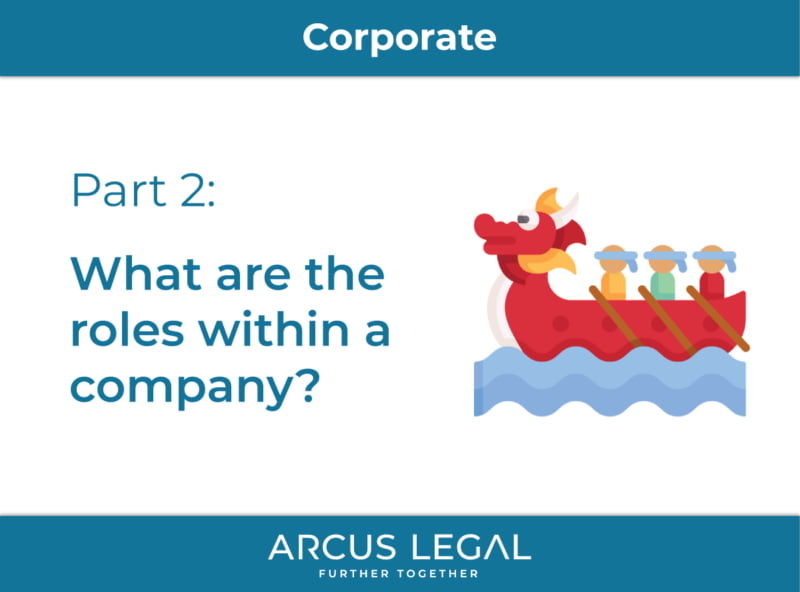
Let’s imagine a company as a big boat, and who has what roles:
Shareholders: The shareholders would be the people who put money into buying the boat. They own different parts of the boat depending on how much money they put in. They want the boat to go to places where it can make more money, like treasure islands. But, they usually don’t drive the boat, they just check on it from time to time.
Directors: Now, the boat needs someone to decide where it should go, that’s the job of the directors. They are like the ship’s captains.… [Read more]

Our hearts go out to all those impacted by the devastating wildfires in Nova Scotia.
We extend our deepest gratitude to the brave first responders and generous community members who are uniting to provide support during this challenging time.
#FurtherTogether